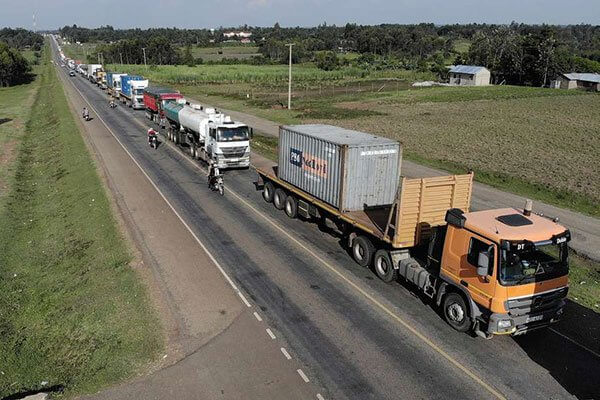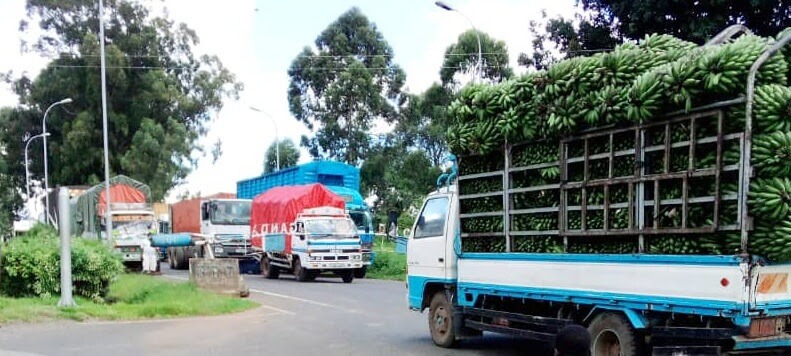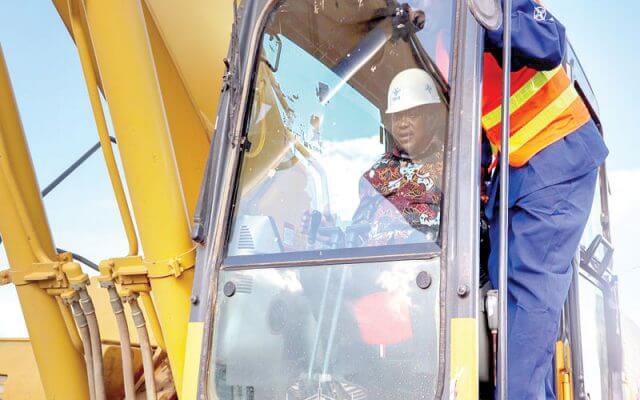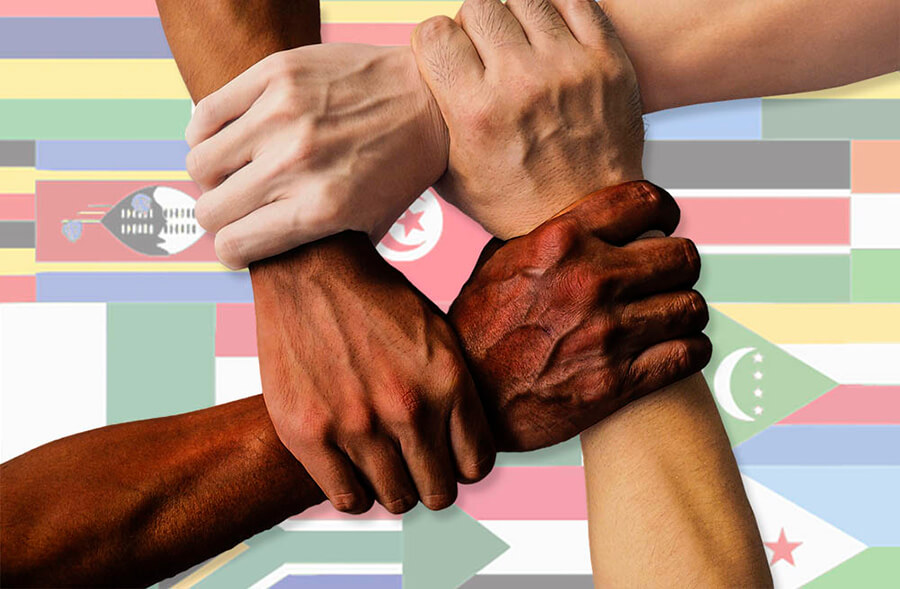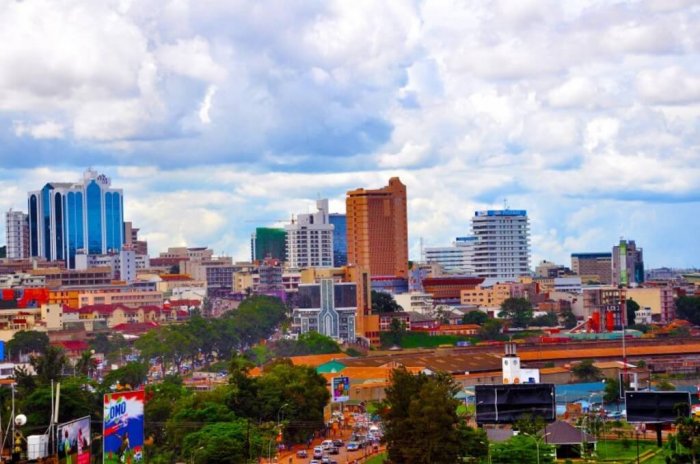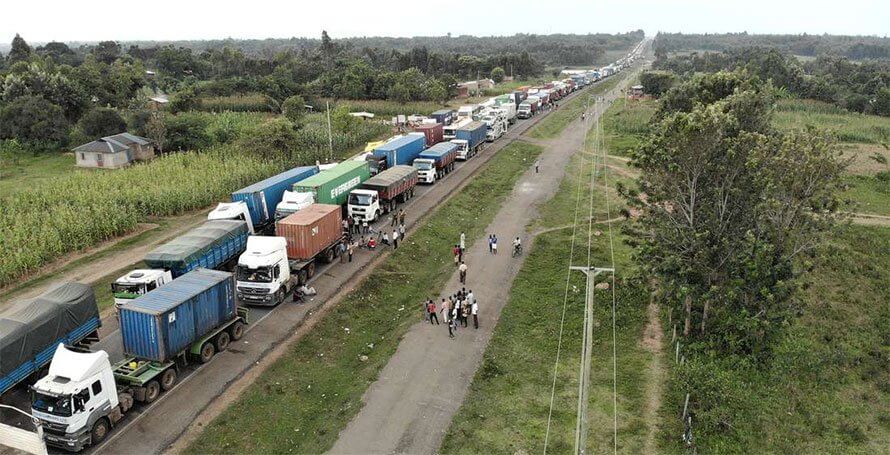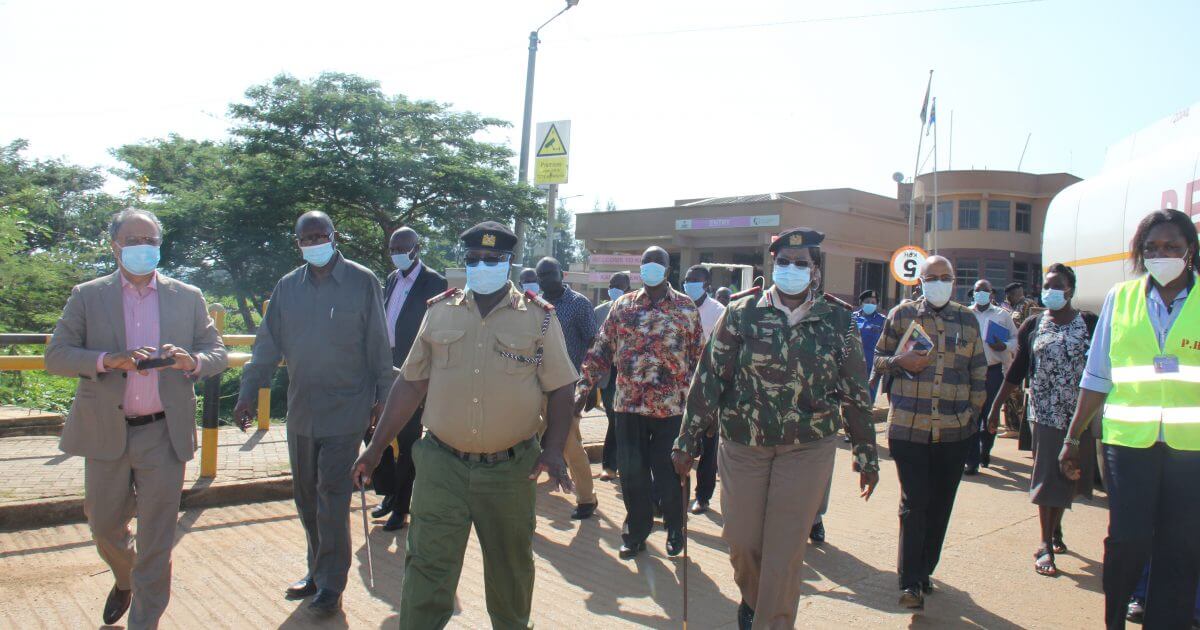Despite an agreement arrived at on Wednesday by government officials from Kenya and Uganda on the process of Covid-19 testing for truckers at the common border, an association for Kenyan truck drivers on Thursday advised its members to suspend services until both governments address stigma and harassment. Secretary-general of the Kenyan truckers union Nicholas Mbugua said on Thursday: “There is no safety agreement between Kenya and Uganda and yet drivers are being coerced by police officers to cross over to Uganda. We demand to be guaranteed the safety of our drivers in Uganda.” Speaking at the union’s offices in Mlolongo, Mr Mbugua said the drivers were tired of ‘’unbearable humiliation drivers were subjected to in Uganda”. The truckers had blocked the Kenyan side of the border for three days from Monday, stretching almost 50 kilometres. On Tuesday, meetings between senior government officials from both countries failed to reach an agreement. Mercy Ireri, the chief operations officer at the Kenya Transport Authority, said: “I can confirm people are moving. Trucks are also moving,” she told The EastAfrican on Wednesday. “Previously the drivers had demanded that they be addressed by both President Kaguta Museveni and Uhuru Kenyatta, but we managed to allay their fears,” she said. “There was a meeting yesterday [Tuesday] where we discussed with the truck drivers their grievances. One of the big issues was the Covid-19 testing. There is a full agreement to accept each other’s testing,” said Solomon Kitungu, the principal secretary in Kenya’s ministry of Transport. “Security...
Kenya, Uganda scramble to resolve Malaba border crisis
Posted on: June 8, 2020
Posted on: June 8, 2020

